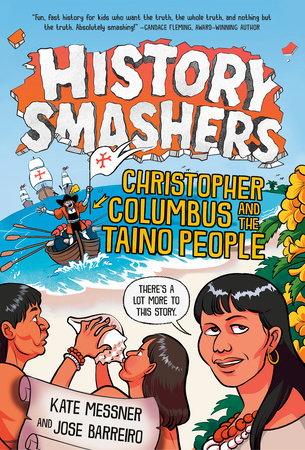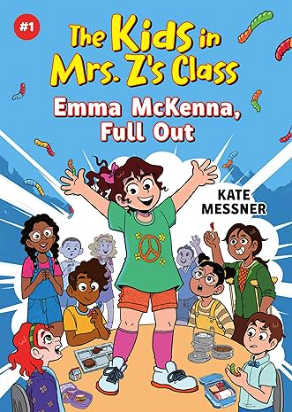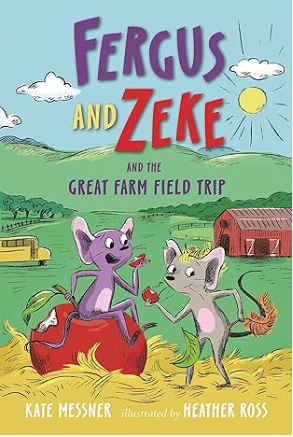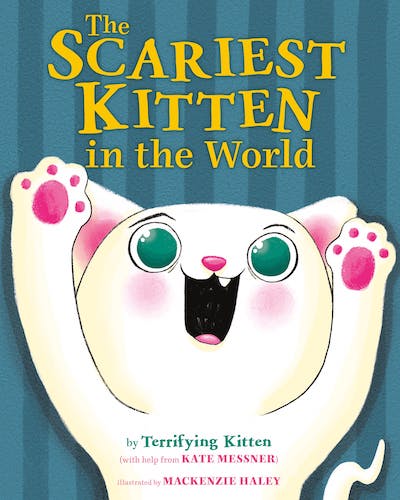Welcome to Teachers Write 2023! It’s day one of our online summer writing camp, and whether you’re new to Teachers Write or a returning camper who’s been writing with us for years, I’m so glad that you’re here, that you’re making a commitment to write this summer. For yourself and for your students, who always benefit when their teachers walk the walk and explore their own writing instead of just handing out assignments.
Before we get started, a few quick housekeeping things… Teachers Write is meant to be a joyful and low-stress experience, and you’re welcome to participate as much or as little as you’d like. Need to take a week off for vacation or family obligations? No worries. The writing will wait for you. And these posts will be available during the school year, too, so you can share your favorites with your students.
Teachers Write has always been and will always be free. But it does take many hours of work from me and our mentor authors, so if you can, we’d ask that you say thanks by buying our books this summer.
I have two new titles coming out in August – a hilarious picture book called THE SCARIEST KITTEN IN THE WORLD illustrated by MacKenzie Haley… (I promise it will become one of your favorite read-alouds!)

…and HISTORY SMASHERS: CHRISTOPHER COLUMBUS AND THE TAINO PEOPLE, co-authored by Dr. José Barreiro and illustrated by Dylan Meconis (cover art) and Falynn Koch (interior illustrations). This one smashes all the myths we were taught about the famous explorer and introduces readers to the true story of the Taino, the people who discovered Columbus when he got lost exploring the Caribbean.

Just click the covers to order your copies from my local independent bookstore. And I’m happy to sign and personalize them for you and your students! Just make a note in the order comments about how you’d like your books signed.
Finally, I want to introduce you to the teacher-writer who helped launch this summer camp, Jen Vincent! She’ll be hosting our Friday check-ins on her blog, teachmentortexts.com. It’s an amazing opportunity for you to share your writing from the week and connect with other campers.

Jen Vincent (she/her/ella) is a writer, blogger, and educator. She is a Middle School Language Arts Teacher for Bannockburn School, a K-8 district in a northern suburb of Chicago. She hosts Weekly Check-Ins for Teachers Write, co-hosts kidlit It’s Monday! What Are You Reading?, writes articles for Choice Literacy, and blogs at teachmentortexts.com. As the founder of Story Exploratory, she helps writers face their self doubt, tackle their inner critic, and brave the blank page so they can set their story free. You can find her on Instagram at @jvincentwrites and @storyexploratory.
Okay…on to the reason we’re all here. Let’s get writing! This summer’s focus is on poetry and play, so we’re going to start with a fun poetry assignment.
My current work in progress is a novel in verse called THE TROUBLE WITH HEROES, about a kid who vandalizes a cemetery and, as restitution, finds himself sentenced to climb all forty-six Adirondack High Peaks with a dog he just met. I’m using a wide variety of poetic forms in this book, including found poems, which the American Academy of Poets explains like this:
Found poems take existing texts and refashion them, reorder them, and present them as poems. The literary equivalent of a collage, found poetry is often made from newspaper articles, street signs, graffiti, speeches, letters, or even other poems.
I decided to use AllTrails reviews as the source for my “collage” poems. Here are two examples (from a hike that didn’t go as planned for my main character, Finn).
How Hiking Mt. Marcy Was Supposed to Go
(A found poem from the AllTrails reviews)
Trail: well marked and easy to follow.
Weather: Cool.
Visibility: Perfect bluebird day.
Summit: Endless mountains
as far as the eye can see
in every direction.
My first 46er!
I’ll never forget it.
What a hike!
It took exactly eight hours to
Kick NY’s highest peak’s butt! *
* The AllTrails review used a different word,
but the last thing I need is for
some smug judge to sniff at that
and toss out my notebook
so I have to start all over.
There’s no way I’m climbing
these stupid-butt mountains with
this lazy-butt dog
again.
How Hiking Mt. Marcy Actually Went – Part I
(Also a found poem from the AllTrails reviews)
Got a late start at 11:20AM.
Weather was supposed to be great.
Things change quick in the ADK.
Advised by a park ranger
There was a rainstorm brewing.
Wouldn’t be the safest.
You need waterproof hiking boots and
Microspikes are a must.
Pack layers.
A water filter.
Bring headlightsextrasockshikingpolesgators.
Some ace bandages in case ya roll an ankle.
(I did none of this.)
How Hiking Mt. Marcy Actually Went – Part II
(Another found poem from the AllTrails reviews)
Cold temps.
Adrenaline crash.
Brutal lost-the-trail wandering
through socks-wet snow.
My first 46er.
I’ll never forget it.
A pitch-black, had-to-turn-back
Failure
This mountain kicked my butt.
Every word in these poems (except the one line in parentheses and the footnote) was pulled from an AllTrails review of this particular hike. I scoured hundreds of reviews on the app, collecting words and bits of phrases to reorder and remix. From the language of hundreds of tired hikers, I curated three poems to fit my character’s experience, to create these word-collages in his voice.
Ready to give it a try? Decide where you’d like to collect words for your found poem. You can use a favorite novel, a cookbook, directions for putting together that Ikea bookshelf, a field guide, the highway signs on your summer road trip, your kid’s report card comments….the possibilities are endless. Just make sure your source fits your subject matter. And have fun!
Feel free to share your found poem in the comments if you’d like – and be sure to let us know the source for your words!









